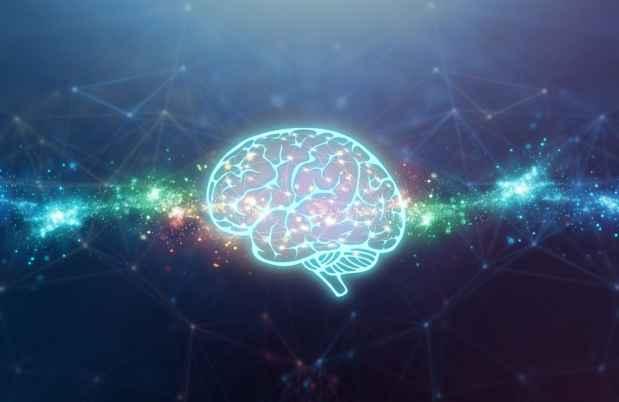Tips for Overcoming Self-Loathing
Available with English captions and subtitles in Spanish.
Self-hatred, or self-loathing, is a common and painful experience for people with borderline personality disorder (BPD) and related disorders. However, none of the major treatments specifically target this symptom. Treating severe, chronic self-loathing can be challenging for the clinician and disheartening for the patient, as standard approaches are often ineffective.
Audience Questions
Dr. Blaise Aguirre looks at the nature and presentation of self-loathing, considers its development in people living with BPD and related conditions, reviews the literature on the topic, and suggests some approaches to consider in tackling the experience of self-hatred.
- How often is self-loathing related to disorders other than BPD?
- How do you best work with a therapist who sees your self-loathing as you being indifferent to improving your mental wellness?
- Is there a relationship between perfectionism and self-loathing?
- How do you speak to a teen or young adult who you can clearly see is struggling with self-loathing?
- Any suggestions for working with young people with a resistance to being compassionate towards themselves?
- Does McLean address self-loathing when treating all teens for BPD or is it on a case-by-case basis?
- Can a child grow up in a good home situation and develop self-loathing due to something like bullying at school? How do you help support a child in a situation like this?
- How do you not allow self-loathing to sabotage relationships? These feelings can so easily creep into all areas of life that it seems impossible to overcome.
- If you are married to someone who hates themselves, how do you deal with the frustration that comes with them not seeing their own value?
- How do you help someone with BPD who struggles with self-loathing who can sometimes be proud of themselves yet struggle with others not offering praise when they feel it is deserved?
- How should someone struggling with self-loathing get started on the road to successfully managing it?
- Is it common for those who struggle with self-loathing to sabotage themselves in order to reinforce their feelings?
- You spoke about reacting to self-loathing. Does the same go for self-harm?
- How do we help BPD patients whose destructive tendencies feed their self-loathing?
- Is there a way to measure self-loathing in patients?
- What does recovery from BPD look like to you?
- Do you have a book that you think that every parent or patient should read about BPD?
- How is the more “normative” self-loathing experienced by individuals who do not have BPD or related disorders different from “pathological” self-loathing experienced by people who do have these disorders?
- When people struggle with self-loathing, it seems as if nothing gets through to them to change how they feel. How do we approach someone in our lives who says very negative things about themselves?
- Are there studies looking at the relationship between being adopted and attachment disorders?
- What do you think of the democratic therapeutic community model for addressing self-loathing in BPD?
The information discussed is intended to be educational and should not be used as a substitute for guidance provided by your health care provider. Please consult with your treatment team before making any changes to your care plan.
About Dr. Aguirre
Blaise Aguirre, MD, is a child and adolescent psychiatrist specializing in dialectical behavior therapy (DBT) and mentalization-based treatment (MBT) for borderline personality disorder and associated conditions. He is the founding medical director of McLean’s 3East continuum of care, programs for teens that use DBT to target self-endangering behaviors as well as the symptoms of borderline personality disorder.
Learn more about Dr. Aguirre.
More Webinars
It’s important to think about ways to manage your mental health. McLean is committed to providing mental health and self-care resources for all who may need them. You and your family may find these strategies from McLean experts helpful to feel mentally balanced in your everyday lives.
Sign up now for the next webinar in our Mental Health Webinar Series.
Originally aired March 16, 2021



